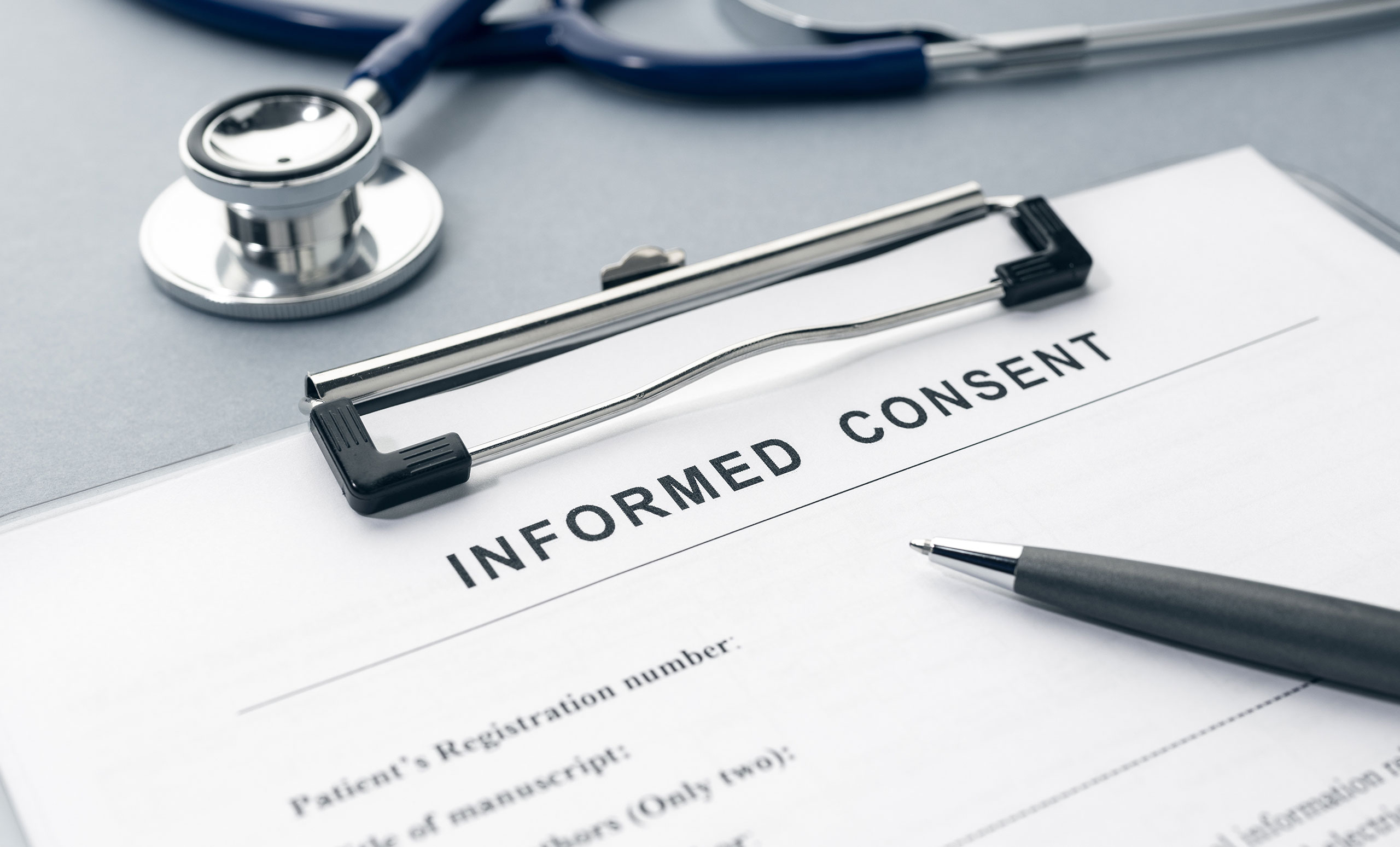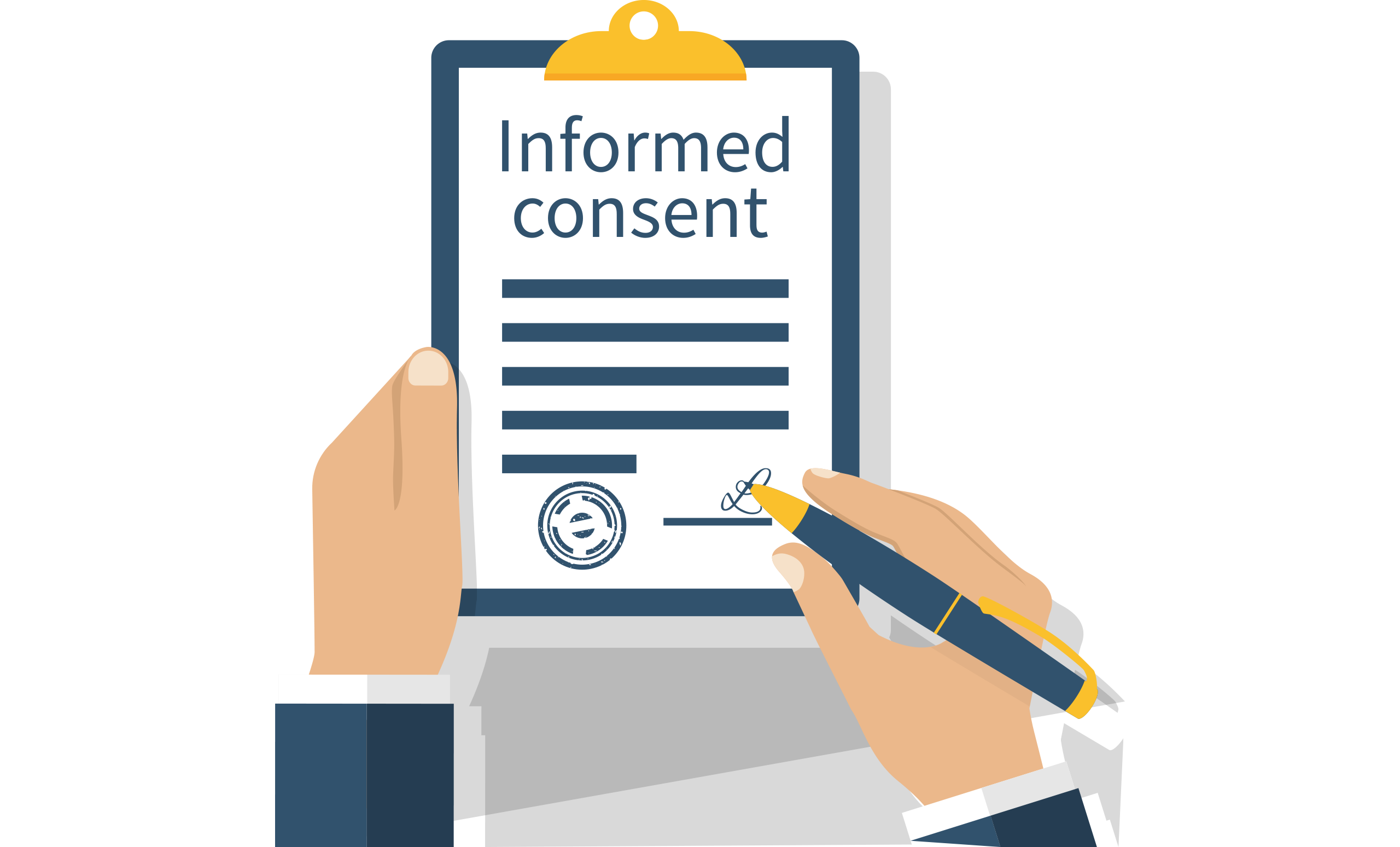There is a specialized group of professionals who work tirelessly behind the scenes, ensuring that the critical data powering medical decisions remains accurate, accessible, and secure. This year, from April 18 to 24, 2025, the healthcare industry celebrates Health Information Professionals Week to reflect on the incredible impact of protecting our privacy and ensuring the integrity of the whole health system. These professionals manage critical tasks, from coding and documentation to data analysis and compliance, all while keeping the health information private for every patient.
Why Health Information Privacy Matters
Privacy in health information is not just a technical requirement but a human right. Health data often includes our most sensitive personal details, and protecting that information is essential to preserving dignity, autonomy, and trust between patients and healthcare providers. When patients know their health details are confidential and secure, they are more likely to share information openly, leading to better communication, diagnosis, and treatment.
Without strong standards for privacy, patients may hesitate to disclose complete medical histories out of fear that their details could be exposed. In hospice care, especially where patients and families face vulnerable moments, privacy becomes an even more pressing concern.

The HIPAA Privacy Rule
The HIPAA Privacy Rule, a foundational part of the Health Insurance Portability and Accountability Act of 1996, is at the center of U.S. healthcare data protection. This rule is designed to establish clear standards for the privacy of individually identifiable health information. Under HIPAA, patients gain greater control over their health records, ensuring they can access their information, request corrections, and decide who can see it.
The HIPAA privacy rule strikes a balance between permitting necessary information flow to ensure high-quality care while enforcing strict measures to protect patients’ identities. For those receiving end-of-life care through hospice services, this is especially meaningful. It allows patients to maintain control over their personal information even during their most challenging moments.
The Role of Health Information Professionals in Hospice Care
In hospice settings, health information professionals are key players in delivering compassionate, respectful care. They manage and protect health data in alignment with the Privacy Act health information standards. These professionals oversee how data is collected, stored, and shared, ensuring compliance with regulations and upholding patients’ rights to confidentiality.
In addition to handling administrative and technical tasks, hospice information teams educate staff, patients, and families about health information privacy and security. This includes informing them of their rights under HIPAA and how to request changes or restrictions to how their data is used.
At Ascend Hospice Care, we approach every data entry and document with a focus on the dignity of the individual behind the information. While policies and technology help safeguard sensitive data, our foundation is built on respect, compassion, and ethical practice.
Protecting Patient Identifiers
To maintain privacy in health information, health information professionals are responsible for protecting numerous personal identifiers, including:
These elements are considered protected health information (PHI) under HIPAA, and their intentional or accidental disclosure can lead to consequences like fines, loss of trust, and patient harm. That’s why hospice agencies implement rigorous protocols to prevent any data breaches.

The Ethical Promise of Hospice Teams
In hospice care, information is not mere data but a person’s life story, journey, and final wishes. That’s why information privacy is deeply embedded in the mission of hospice agencies. Staff are trained in data handling procedures and in how to discuss and manage confidential information with sensitivity.
The support offered by hospice extends beyond clinical care. Families and patients can feel secure knowing their personal details are in trustworthy hands. Whether managing consent forms, communicating prognosis, or coordinating care between providers, maintaining health information privacy helps patients live their final days with comfort and dignity.
Educating Patients and Families
One of the most empowering things we can do is educate patients and families about their rights under the HIPAA privacy rule. Understanding how and why data is shared can ease anxieties and help families feel more in control. Some topics commonly discussed include:
- 1How to request a copy of health records
- 2How to correct inaccurate data
- 3Who can legally access a patient’s information
- 4What steps are taken if a breach occurs
By ensuring everyone involved understands the Privacy Act health information guidelines, health information professionals create a more transparent and trusting environment.
Observing Health Information Professionals Week
During Health Information Professionals Week, we acknowledge the immense behind-the-scenes efforts that keep healthcare systems secure and compliant. These professionals help bridge the gap between data and dignity, especially in settings where patients deserve the utmost care and respect.
At Ascend Hospice Care, we thank our information team for upholding the highest health information privacy and security standards. Their diligence allows us to provide holistic, ethical, and compassionate care every day. And for patients and families, that peace of mind can make all the difference.
A Call to Respect and Protect
As we observe Health Information Professionals Week, let us remember that privacy in health information is not only a technical issue but a reflection of how we value each other. From securing digital records to managing paper documentation, the work of health information professionals supports the foundation of ethical healthcare.
If you have any questions about how your loved one’s data is handled or want to learn more about how Ascend Hospice Care safeguards personal health information, we invite you to reach out. Protecting your privacy is not just our legal obligation but our promise of respect.




